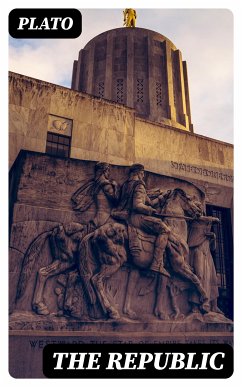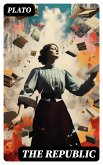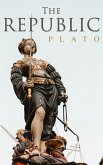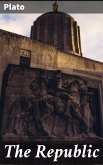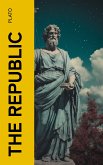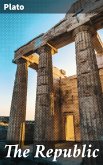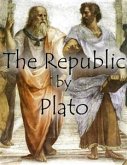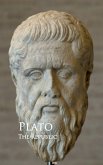Plato's "The Republic" stands as a cornerstone of Western philosophy, exploring themes of justice, politics, and the ideal state through a dialectical dialogue primarily between Socrates and various interlocutors. Employing a blend of philosophical inquiry and literary artistry, Plato navigates through complex arguments on the nature of justice, the construction of an ideal society, and the role of the philosopher-king. With its rich allegorical content, particularly the allegory of the cave, "The Republic" critiques contemporary Athenian society while presenting a visionary blueprint for achieving a harmonious and just community. Plato, a student of Socrates and a teacher of Aristotle, wrote "The Republic" during a time of political upheaval in ancient Greece, particularly after the fall of Athenian democracy. His formative experiences with Socratic dialogues profoundly shaped his philosophical approach, leading him to ponder the implications of governance, morality, and human knowledge. By establishing the Academy and advancing his philosophical treatises, Plato sought to influence future generations in envisioning a society grounded in philosophical wisdom. This essential text is highly recommended for readers seeking a deep understanding of philosophical thought and its application to political theory. "The Republic" resonates with contemporary issues of governance and ethics, making it not merely an ancient treatise but a living text that continues to inspire discussions on justice and the moral fabric of society.
Dieser Download kann aus rechtlichen Gründen nur mit Rechnungsadresse in A, B, BG, CY, CZ, D, DK, EW, E, FIN, F, GR, H, IRL, I, LT, L, LR, M, NL, PL, P, R, S, SLO, SK ausgeliefert werden.

